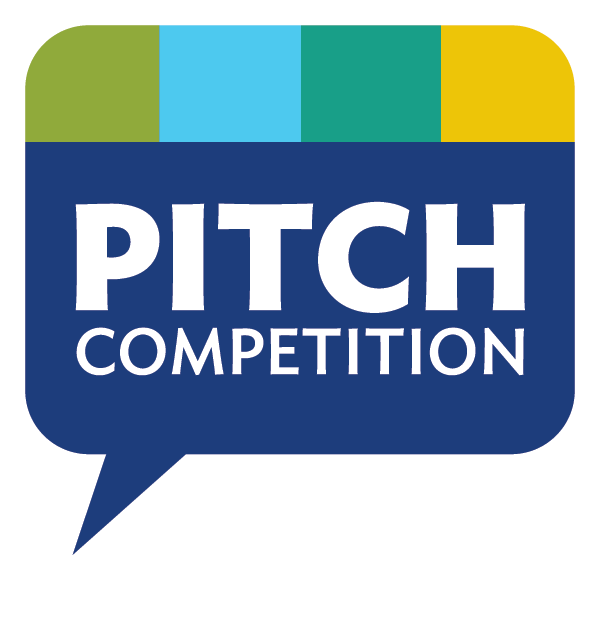
The Pitch, an annual entrepreneur competition open to current Hamilton students and graduates of the last decade, held its final competition on Friday, April 1st. Among eight teams, three were selected as finalists: Jeremy Mathurin ’16 and Scott Burke, the creators of Aabix: the Bix Box, Harry Dubke ’19 and Perry Griffith, creators of Cortado, and Jack Hay ’19 and Ben Parfitt ’19 of Reiform: Data ML. Each finalist team presented their pitches for ten minutes, followed by a question and answer portion with a panel of notable Hamilton alumni entrepreneurs including CEO and Co-Founder of UNTUCKit Aaron Sanandres ’96 and CEO of SHE Media Samantha Skey ’94.
Aabix took first place in the competition, followed by Reiform and Cortado, with prizes ranging from $2,000 to $20,000 plus legal services. The winning team, Aabix, pitched a device to let property owners view the conditions of their properties virtually. The device would inform them of any mishaps without relying on the renter or other third-parties to inform them. In the company’s pitch, Mathurin highlighted the ease of using the product, saying “you connect the device to the Internet and then present the end user insights and updates on any potential issues.”
In previous years, The Pitch was held over the course of a weekend where participants partook in a packed schedule that would last well into the night. The competition’s format, which was already due to undergo changes before the pandemic, was switched to Zoom for the 2021–2022 cycle and extended to become a six month process instead of one weekend. Holding the event over Zoom allowed for competitors and judges to participate virtually, which was previously against the event’s rules.
The Pitch process is, as competitor Vaughn Amos ’25 of the software platform Eduhance described it, “a marathon.” The participants entered the competition in October 2021, and have been partaking in educational programming as well as a series of mentoring sessions since it began. These mentoring sessions were particularly valuable to Mathurin, who reflected that “the challenge in starting a business is everyone has an opinion, but very rarely are people actually invested in your long term success.”
The competitors expressed appreciation for being able to speak with experts in the sectors that their products were entering. Amos also appreciated the mentoring process since “every company has a unique problem that a group of people are trying to solve, but there is a general structure, and the people who know that general structure are invaluable.”
Amos’ company, Eduhance, is a software platform that sorts through a student’s activities and interests, and recommends potential courses, clubs or careers to the user. He noted that assessing his team members’ individual strengths from software development to business management helped them to most effectively divide tasks between the team members and develop their idea into a successful pitch. He appreciated that though he did not have a strong network or a lot of experience with starting a business, the resources provided by The Pitch offered him an opportunity unique to Hamilton to turn these ideas into a reality. Amos said “we have the passion, we have the idea, we just don’t know how to execute.”
Amos’ group was made of three first-years, marking them as the youngest team competing. Despite this, Amos noted that even though he was initially worried about being unprepared, “in the process, you grow into the person you need to be to tackle the challenge.” Though the process is strenuous, it is also rewarding, and Amos advises anyone who is interested in the opportunity to “just go for it.”
















